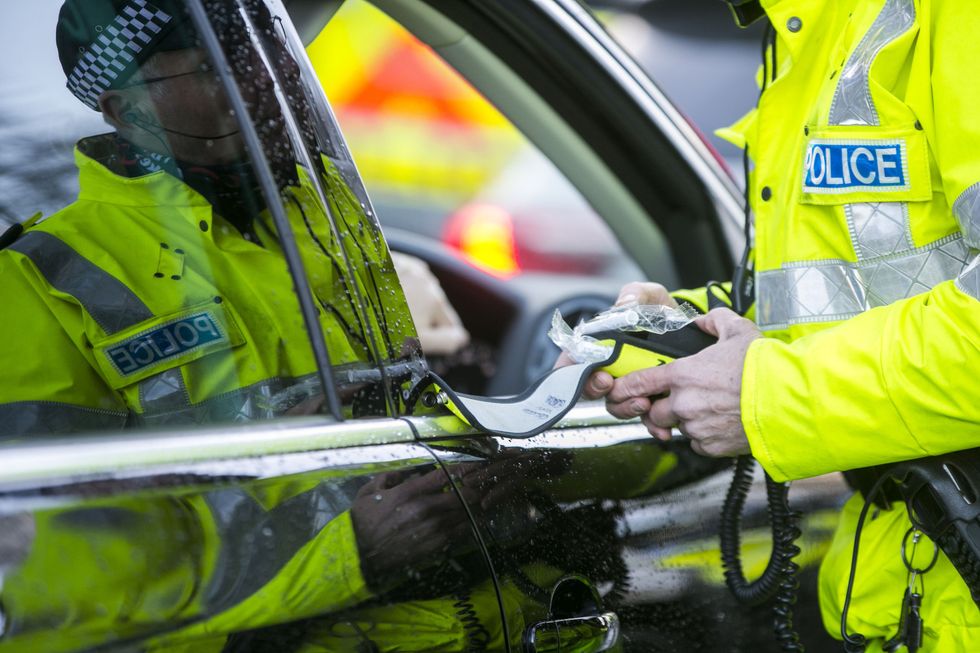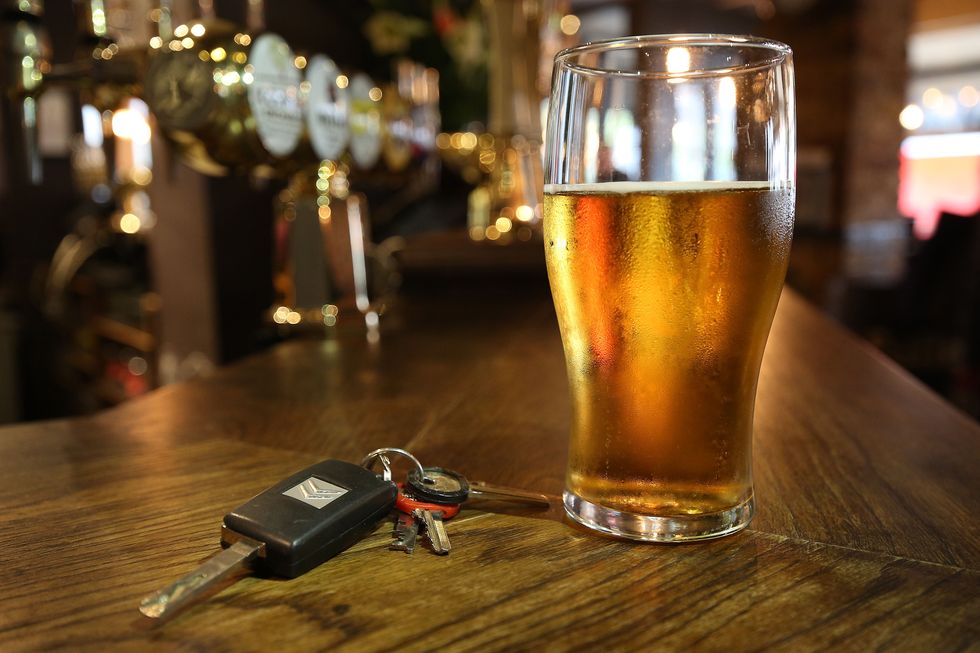Calls for stricter policing over Christmas as drink driving hits record high with Britons wanting ‘urgent’ action
Experts have called for enhanced policing this Christmas to help tackle drink-driving amid rising fatalities.
The call comes as the British Medical Association urges for a reduction in the blood alcohol content limit, which currently stands at 80mg per 100ml of blood – the highest in Europe.
The proposed reduction would bring England and Wales in line with Scotland’s limit of 50mg, implemented in December 2014. However, experts have argued that stricter limits alone won’t solve the problem.
“In the decade since the limit was reduced in Scotland, research has shown that it has had no effect on lowering the number of accidents despite the move being explicitly designed to make roads safer,” Auto Express editor Paul Barker editor warned.
Do you have a story you’d like to share? Get in touch by emailing motoring@gbnews.uk

He said: “Drivers need to believe they will be caught if they drink and drive. Otherwise, the deterrent is meaningless, and people will keep taking risks.
“We urgently need more proactive enforcement and high-visibility campaigns, to raise the perceived likelihood of detection. Currently, we’re relying on people to do the right thing, and the only way they’ll ever be caught is if they have an accident. Which of course everyone thinks they are too good to ever have.”
The current system lacks real deterrents, Barker stated, with detection largely dependent on accidents occurring rather than preventative measures.
In response to the rising number of drink-driving cases, Devon & Cornwall Police have launched a new initiative using AI cameras to detect drunk driving as part of their Vision Zero South West road safety partnership.
The technology utilises mobile AI cameras, similar to those used for detecting mobile phone use and seatbelt violations, with cloud-based algorithms analysing passing vehicles for signs of impaired driving.
A recent RAC survey found that nearly two in five Britons were in favour of reducing the legal alcohol limit to zero while giving the police new powers to immediately disqualify drink-drivers at the roadside was popular among 33 per cent of surveyed individuals.
Currently, only courts can impose driving bans, meaning after a drink-driver is caught they can continue to drive until their court appearance. Motorists face a minimum disqualification period of 12 months if they are convicted of drink-driving.
Recent Freedom of Information data revealed that 372 drivers were caught at least four times over the limit in the 11 years leading up to July 2024.
RAC road safety spokesman Rod Dennis said: “It’s clear motorists want to see something done differently to tackle the scourge of drink-driving, which is still responsible for the loss of far too many lives every year.
“Shockingly, Government data shows we’re back to a similar rate of fatalities caused by people drinking and driving as we were in the late 1980s, and that a significant number of drink-drive offences are committed by reoffenders.
“We hope the issue of drink-driving will be addressed in the Government’s soon-to-be-published road safety strategy, as clamping down on it in the right way could save hundreds of lives every year.”
Meanwhile Chief Constable Jo Shiner, the National Police Chiefs’ Council lead for roads policing, explained that the damaging impact of drink and drug driving has a severe consequence which is “completely avoidable”.
LATEST DEVELOPMENTS:
- Two major car manufacturers ‘in talks’ over potential merger to create largest electric vehicle company
- Motorists warned of new driving law coming in January which sees rulebreakers fined £100 – ‘Disgrace’
- Drivers warned ahead of ‘expected introduction of roadside eye tests’ that will impact ‘all road users’

A recently launched campaign by the Government’s road safety organisation Think! also urged young drivers to stick to zero-alcohol drinks before getting behind the wheel over the festive period.

